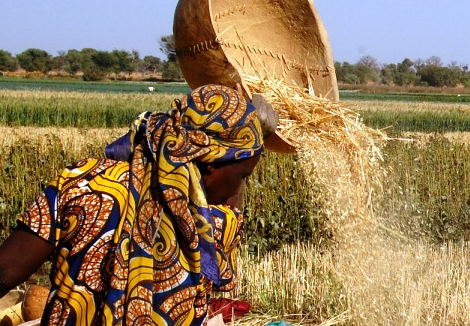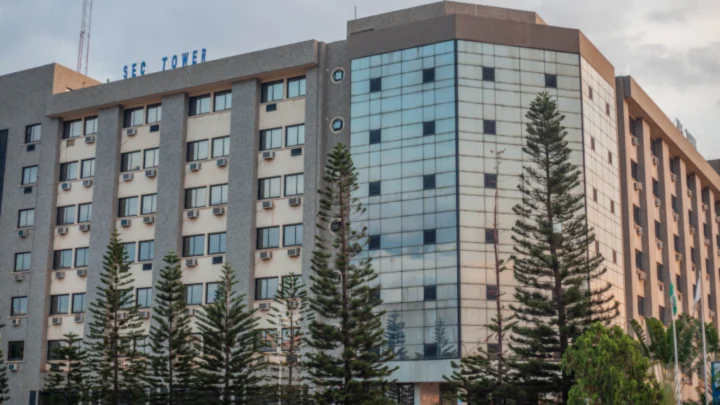The federal government says it will support over 250,000 wheat farmers with relevant farm inputs with an expected output of 1,250,000 metric tons of produce.
Ernest Umakhihe, permanent secretary of the federal ministry of agriculture and rural development, spoke at the stakeholders meeting in Abuja on Wednesday.
The sit-down was to discuss the implementation of the national agricultural growth scheme and agro-pocket, and agro pocket (NAGs -AP)
Umakhihe said necessary farm inputs such as fertilisers, seeds, and agrochemicals among others would be provided to small-scale farmers during wet and dry season farming.
Advertisement
Umakhihe was represented by Ibrahim Tanimu, director of planning and policy coordination, federal ministry of agriculture and rural development.
He said the NAGs -AP is a technology-based platform for the delivery of farm inputs to farmers across the country.
He added that the scheme aims to solve the continued rise in the prices of agricultural commodities.
Advertisement
“The key objective is to increase the production of wheat, rice, maize, sorghum and soybeans through the provision of relevant farm inputs such as fertilisers, seeds, agro-chemicals among others to small scale farmers,” he said.
“Specifically, the project is targeted to support over 250,000 wheat farmers with relevant farm inputs to cultivate about 250,000 hectares with an expected output of 1,250,000 metric tons of wheat.
“This is to be added to the food reserve with a view to reducing dependence on foreign importation of the produce, and increase domestic consumption, particularly for the flour millers.”
The permanent secretary said the project would also provide institutional support to farmers for better performance.
Advertisement
On his part, Mohammad Sani, director of farm inputs support services, ministry of agriculture, said the growth scheme was re-introduced to address the yearnings of the different value chain players.
According to Sani, the ministry would continue to partner with relevant organisations, to ensure that farmers attain their desired goals and increase a conducive business environment for input operators.
Ibrahim Arabi, national programme coordinator, agricultural transformation agenda support phase one (ATASP-1), said the meeting was organised to sensitize farmers.
“The capacity to produce needs to increase across the value chain, hence this meeting which is on the strategy for supporting farmers with subsidised inputs,” Arabi said.
Advertisement
“Also, with the institutional capacity for increased productivity.”
Advertisement
Add a comment






